This time it was the licences themselves which were made hugely more expensive. For everyone involved in the industry: manufacturers, wholesalers and retailers. It seems to have hit the pub trade particularly hard. These were the duties payable on retailer's licences:
full on-licence: half the annual value of the licensed premises
beerhouse licence: a third of the annual value of the licensed premises*
The annual valie of the premises was defined as:
"For the purpose of this provision the annual licence value shall be taken to be the amount by which the annual value if the premises as licensed premises exceeds the annual value which the premises would bear-if they were not licensed premises"This was a huge amount of money and it appears many publicans struggled to pay it. This gives an idea of how large the increase was:
1910 Finance Act, page 39.
"THE LAW COURTS.That's an increase of £355, or near enough £1 a day extra in tax. At a time when Mild was only 2d. per pint, that was an awful lot of extra money for a landlord to find.
THE LICENCE DUTY APPEAL.
Mr. Justice Hamilton, in the King's Bench Division, resumed yesterday the hearing the appeal by Messrs. Truman, Hanbury, and Buxton, against the valuation of the Eagle Hotel, Great College Street, N.W., by the Inland Revenue authorities, for the purpose of ascertaining the annual licence value for payment of duty under the Finance Act of 1909-1910. The appellants put the gross licence valuation the premises at £997, but the Inland Revenue authorities estimated over £1,500, and contend that the amount of duty payable is £415.
Mr. Marks, valuer, further cross-examined by Sir Alfred Cripps, K.C., M.P., on behalf of the appellants, said that before the Finance Act the duty on "the Eagle" was £60 per annum, but it was now £415. In compensation cases witness had always taken 12s. per barrel as the brewers' profit on 37s. 6d. beer. This closed the evidence for Inland Revenue Commissioners.
Sir Alfred Cripps then addressed the Court on legal points raised in the construction of the Act, and the was adjourned until Monday next."
The Yorkshire Post and Leeds Intelligencer - Saturday 20 April 1912, page 11.
This case hinged around how the bvalue of the pub as licensed premises was calculated:
"A LICENSING TEST CASE.You can see why there was so much riding on this case. If Truman had won, the amount paid by publicans in duty would have been greatly reduced.
JUDGMENT AFFECTING HUNDREDS OF ACTIONS.
PROFITS FROM NON-INTOXICANTS FROM ANNUAL VALUE.
(BY OUR PRIVATE WIRE.)
Reserved judgment was delivered the Master the Rolls, Lord Justices Farwell and Kennedy, in the Court Appeal, to-day, in the important test case with regard to the method of ascertaining the annual licence value payable in respect of the Eagle public-house. Great College Street, London, N.W., for the purpose of the Finance Act. 1910.
Eighty-nine other appeals are governed the decision. and further cases, in which the Commissioners had either given their decisions, and the appeals were held over or reserved their decision, pending this appeal.
The Commissioners of Inland Revenue certified that the annual value of the Eagle was £1,503 as licensed premises, and £300 unlicensed premises, and the annual licence value to paid £1,203, that sum being the difference between the two. Messrs. Truman, Hanbury, Buxton, and Co. (Ltd.), the brewers, petitioned against the assessment, contending that the Crown had arrived the annual licence value by a wrong process. They said that the annual value as licensed premises should be £900, unlicensed premises £350. and the annual licence value £550. The appellants arrived at the sum by deducting from the annual value of £997 at which the house is assessed to inhabited house duty, the sum of £97 being the estimated profit derived from the sale of commodities other than intoxicating liquors.
After a lengthy hearing Mr. Justice Hamilton dismissed the appellants' position, and the appellants now appealed to the present court.
The Court agreed with the construction put upon the accounts by Mr. Justice Hamilton, but the appeal on one point — that the appellants were entitled to deduct the sum of £97, which amount was derived from the sale of other than intoxicating liquors.
Lord Justice Farwell, giving judgment, said he agreed with the construction which Mr. Justice Hamilton had put upon the statutes to the basis upon which the annual licence value of the premiums should ascertained, but the appellants were entitled to deduct the sum £97 derived from the sale nonintoxicating liquors, etc.. from the annual value. This sum £97 would have to be deducted from £1,545.
The Master of the Rolls concurred. Lord Justice Kennedy disagreed from this view, saying he agreed with the decision Mr. Justice Hamilton, and by a majority the appeal was allowed on the point of the exclusion of the profit from the sale of other than non-intoxicants."
Yorkshire Evening Post - Saturday 20 July 1912, page 5.
It's no wonder brewers and publicans thought the government was out to destroy their business. And, to be honest, there were some in the government that did. There a big teetoaller wing in the Liberal Party. Ironically, this was their last hurrah. The 1906 general election was the last time the Liberals ever had a parliamentary majority.
* 1910 Finance Act, page 75.


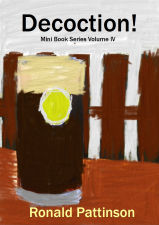

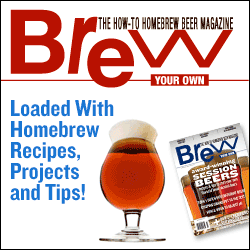
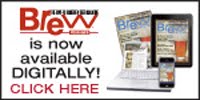
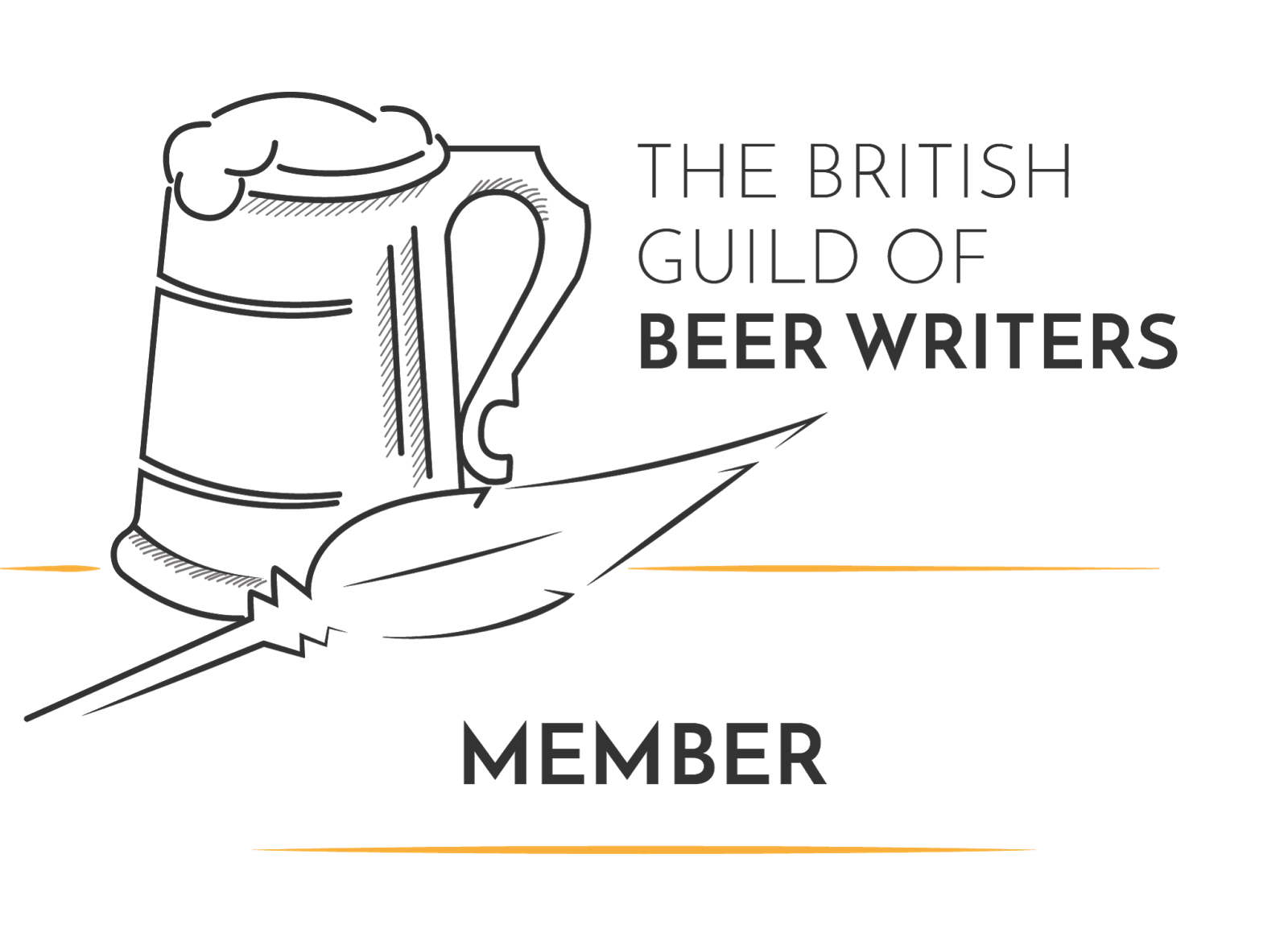









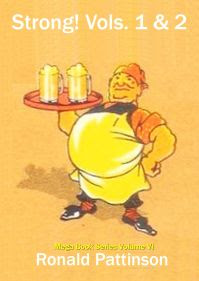

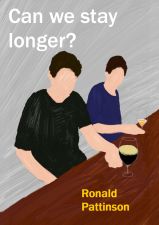
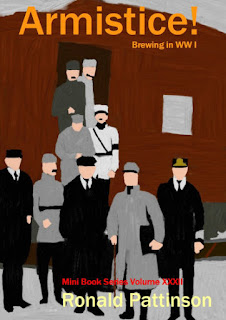
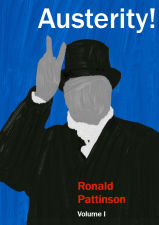

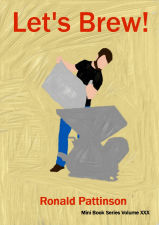
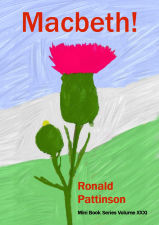
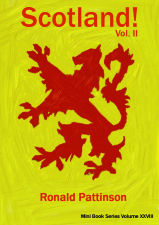
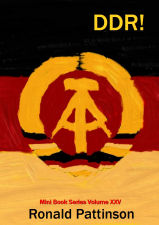
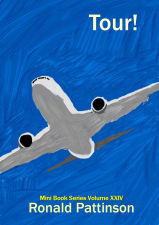

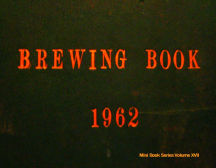
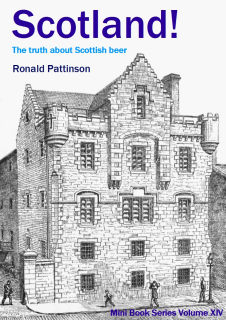
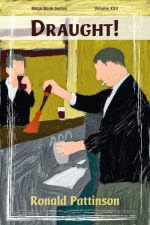

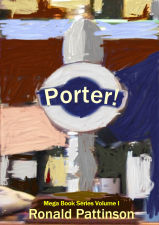
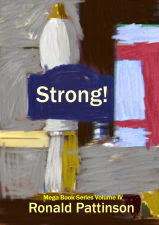
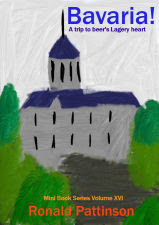

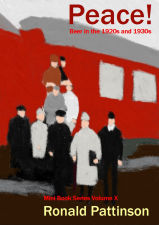

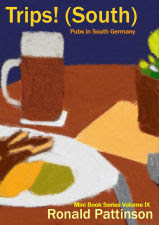
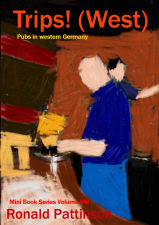
































No comments:
Post a Comment